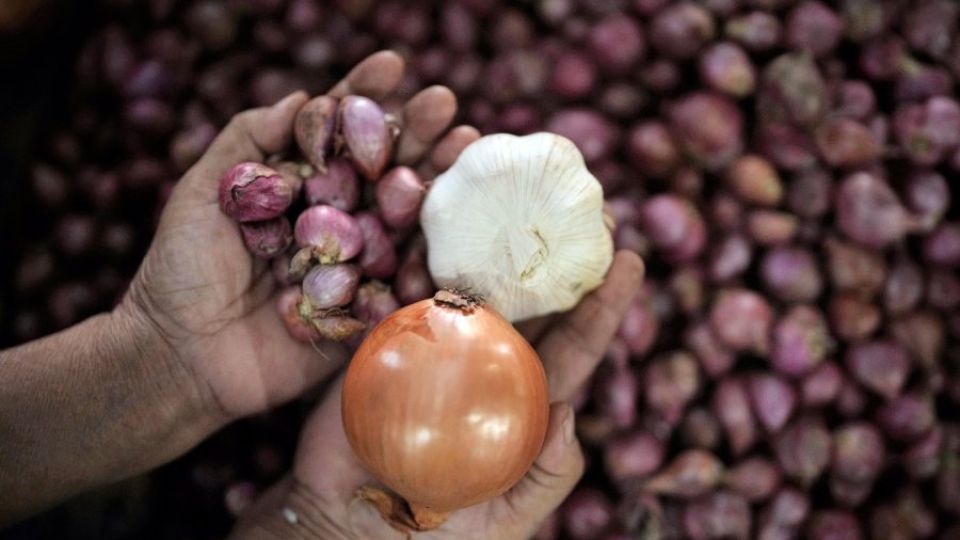October 19, 2023
JAKARTA – In an effort to encourage domestic production, the Agriculture Ministry plans to reduce garlic imports next year by roughly 40 percent.
National Food Agency (NFA) head Arief Prasetyo Adi said the horticultural product import recommendations (RIPH) for 2024 would limit the volume of imported garlic to a maximum of 650,000 tonnes.
That amount was based on the nationwide need, which was only 600,000 to 620,000 tonnes, he said on Tuesday, CNBC Indonesia reported.
Arief vowed that the government would ensure transparency with regard granting the RIPH license for importing garlic, including details on the recommended importers the Agriculture Ministry put forth.
This commitment to transparency aimed to avoid any suspicions that the Agriculture Ministry was biased in its recommendations, he underlined.
“The other day, there were claims that [only] one or two importers are recommended, right? The [horticulture] director general has data that there are around 140 [importers],” said Arief.
“Some people tend to voice their [uninformed] opinion, and that’s why we will communicate to the public that there is no such manipulation within the Agriculture Ministry,” he said.
Arief added that the ministry had issued RIPH permits for importing 1.1 million tonnes of garlic this year, and expressed his confidence that the Trade Ministry would also restrict garlic imports by limiting the number of import approval letters (SPIs) it issued.
Prospective importers must obtain both the Trade Ministry’s SPI and the Agriculture Ministry’s RIPH to be fully licensed.
To date, 1 million tonnes of garlic had been imported, “so it’s up to the Trade Ministry to limit the import [volume] to prevent surplus stock,” he noted.
Arief stated in a press release on Tuesday that the NFA also supported the Indonesian Ombudsman’s position on garlic imports, and that the agency was focused on reviewing the national demand and production projections before determining the import volume to fill the gap.
“There must be a collective commitment among all parties involved and the [import volume] must be agreed, and there must be full commitment from import quota holders,” Arief said.
He also said licensed importers that did not import the approved amount of garlic should be sanctioned.
For example, Arief said, only 26 percent of the agreed import quota for sugar had been met. “This can disrupt the national stock.”
Horticulture director general Prihasto Setyanto said RIPH licenses must be granted in line with Agriculture Ministry Regulation No. 39/2019 on RIPH, and that the process must be transparent for all stakeholders in the country’s garlic trade, CNBC Indonesia reported.
“At present, 200 RIPH [licenses] for garlic have been issued for a total of 1.1 million tonnes,” said Prihasto, emphasizing that this was “not only for a handful of importers”.
“I would like to note that the authority for garlic import licensing lies with the Trade Ministry. After the RIPH is issued by the Agriculture Ministry, industry stakeholders will [then] apply for the SPI from the Trade Ministry,” he said.
Prihasto added that potential importers could apply online for an RIPH license. If the applications met all administrative and technical requirements, an RIPH would be issued according to the national commodity balance policy.
He also noted that all imports must comply with the standards for quality and traceability.


